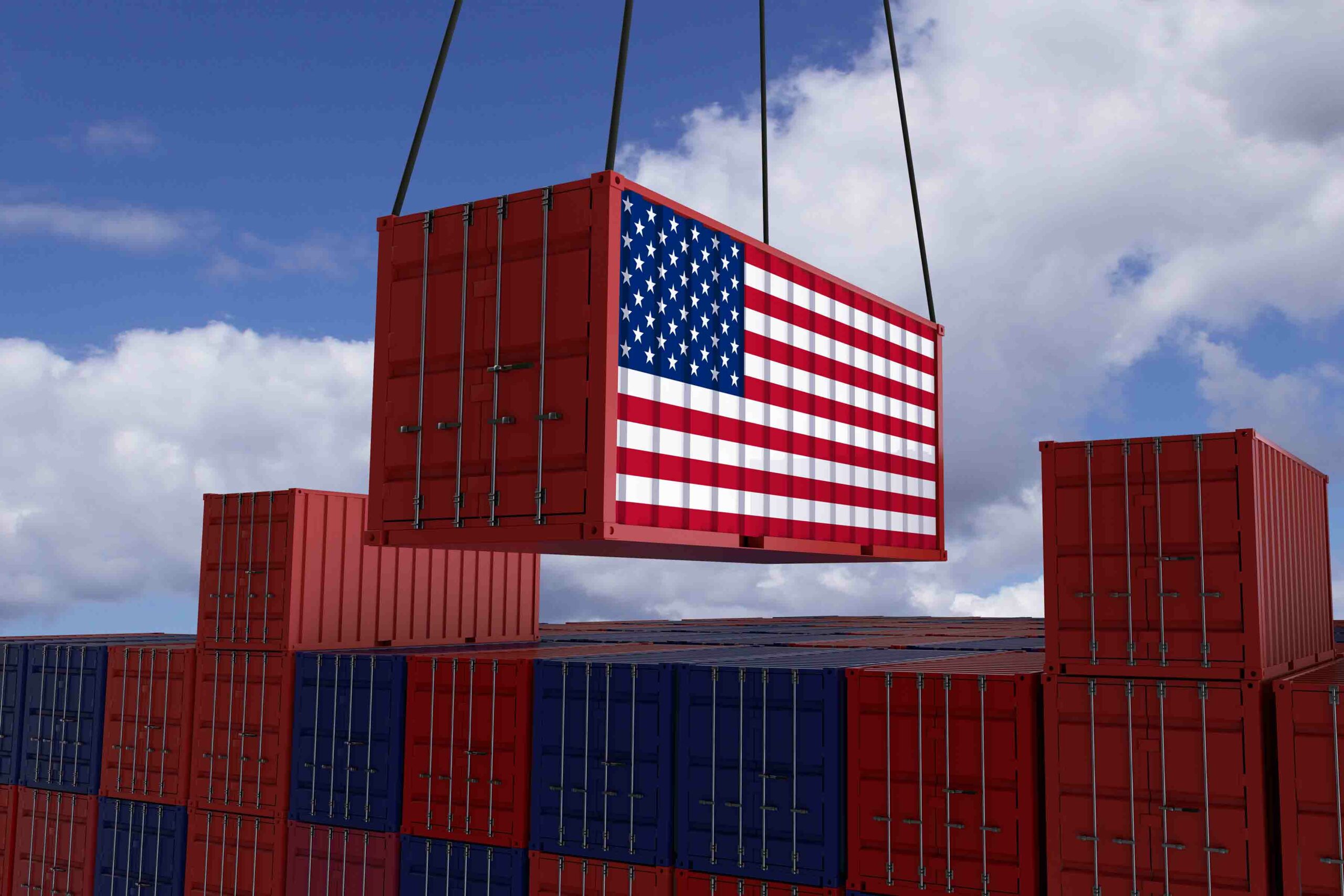The Federal Maritime Commission has been presented with a set of interim recommendations from its fact finding investigation into challenges facing the ocean transportation supply chain brought on by the COVID-19 pandemic.
In an open session held Tuesday, Commissioner Rebecca F. Dye provided the Commission with eight Interim Recommendations meant to address current conditions contributing to congestion and other inefficiencies in the ocean freight system.
The Federal Maritime Commission ordered Fact Finding No. 29 back in March 2020 to investigate congestion and bottlenecks at ports and other points in the supply chain that posed a serious risk to the U.S. economy. As the Fact Finding Officer, Commissioner Dye was authorized to convene Supply Chain Innovation Teams and engage key stakeholders from all facets of the freight sector in order to identify commercial solutions to some of the worst supply chain problems facing American exporters, importers, and truckers. The recommendations include actions for the FMC to take to address many of the most common problems identified through her work.
The recommendations are aimed at minimizing barriers to private party enforcement of the U.S. Shipping Act, clarifying Commission and industry processes, encouraging shippers, truckers, and other stakeholders to assist Commission enforcement efforts, and bolstering the ability of the Office of Consumer Affairs and Dispute Resolution Services to facilitate fair and fast dispute resolution.
Commissioner Dye also reported that she plans to hold meetings of Supply Chain Innovation Teams in Memphis and the Port of Los Angeles to address supply chain disruptions and increase supply chain visibility.
“The overwhelming effects of pandemic cargo surges, fueled by online purchases, magnified the problems in our freight delivery system,” Commissioner Dye said in her remarks to the FMC.
Commissioner Dye summarized her initial recommendations as:
- Amending section 41104(a)(3) of title 46, United States Code, to broaden the anti- retaliation provision in the Shipping Act to respond the concerns raised by shippers, especially exporters.
- Amending section 41305(c) of title 46 to authorize the Commission to order double reparations for violations of section 41102(c), with Commission guidance focusing this provision on demurrage and detention violations and other types of cases or behavior.
- Issuing a Commission policy statement regarding three areas related to private party complaints: retaliation, attorney fees, and representational complaints, including trade associations.
- Revising the Commission’s website to provide clarity regarding the Commission’s existing processes to bring factual allegations to the Commission for resolution.
- Holding a webinar to explain Commission processes.
- Issuing a rulemaking concerning information on demurrage and detention billings.
- Thanking Commissioner Khouri for his leadership on this issue, amending sections 41109 and 41309 of title 46 to authorize the Commission to order relief in addition to civil penalties in enforcement proceedings.
- The Chairman is already pursuing recommendation 8, concerning designating an Export Expert in our Consumer Affairs and Dispute Resolution Services office.
Separately, Commissioner Carl W. Bentzel provided a summary of his examination of container and chassis manufacturing and the availability of intermodal equipment to support US international containerized trade. The Commissioner noted that congestion and increased demand for equipment has led to shortages of chassis and containers in the United States and other nations as well. This demand has led to increased prices for new intermodal equipment.
Commissioner Bentzel plans on completing his work by September.
Copyright :gcaptain.com
Mr Mike Schuler


